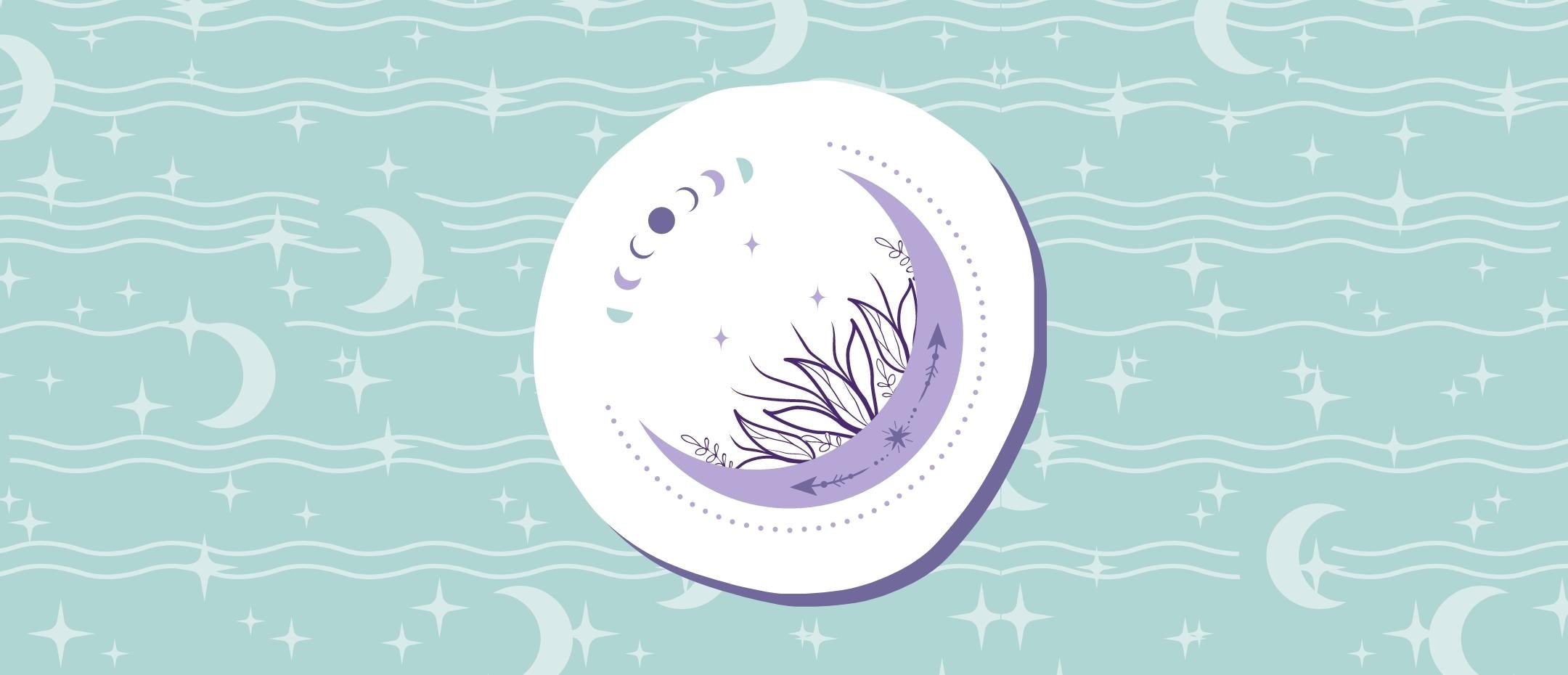When sleep never comes, we often turn towards the Internet to find useful information to beat insomnia.
Unfortunately, this is also the place where myths about sleep are spread.
In this article, I'm going to break the major myths and present the facts about sleep.
1. Sleep debt myth
Sleep debt is the difference between the amount of sleep we need and what we're actually getting. The amount of sleep needed varies from one person to another.
Many people think that they can simply sleep more to accumulate hours in their sleep bank and make up for their sleep debt.
This is a myth since sleeping more than you need is not good for your health.
Sleep needs vary but in general, sleeping more than nine hours a night causes more harm than good.
Oversleeping is associated with many health problems such as type 2 diabetes, heart disease, obesity, depression, and headaches. If you need more than nine hours to feel rested, go talk to your doctor as it can be a sign of an underlying problem.
And if you're lacking sleep every night, you might want to try something to beat your insomnia. For example, why not create a sacred place in your own bedroom?
2. 8 hours of sleep myth
To add to the previous point, we often refer to eight hours when we talk about what is needed to feel rested.
Yet, many people don't take into consideration the amount of time that is needed to fall asleep.
On average, it takes 30 minutes to fall asleep. You have to add this thirty minutes to your planned eight hours of sleep.
So, if you haven't considered the amount of time you need to fall asleep before, go to bed early from now on. Add 30 minutes to an hour of pre-sleep routine and then add your eight hours of sleep.
3. Sleep paralysis myth
You probably have found yourself not being able to move your legs and arms nor speak while being awake and able to think.
Then, a frightening creature or figure stands in front of you and you feel powerless. You believe that it is a witch, demon, alien, or other supernatural creature that came to visit you.
You're actually experiencing sleep paralysis. There is nothing paranormal, just science. And these visions are quite recurrent symptoms.
To prevent sleep paralysis, simply avoid sleeping on your back since you are more likely to experience this frightening experience.
4. Learning while sleeping myth
I'm sure you've heard stories about people learning a new language while asleep. It even has a name, and it is called hypnopedia––the ability to learn while asleep.
This is another myth. Your learning capacity while sleeping is actually limited.
Your brain may perceive the voice of your audiobook, but it doesn't have the capacity to sort them out. Only when you are awake can your brain sort out such information.
I'm very sorry but you won't be able to learn a new language while sleeping.
5. Sleep apnea myths
Sleep apnea is when breathing stops during sleep and the brain wakes up the body to resume breathing. Some people can wake up over 100 times in a night, which breaks the quality of sleep.
The experience can also be frightening since you catch yourself lacking breath. So what causes sleep apnea? The Internet is full of myths about it.
The most common ones are:
-
Sleep apnea is caused by obesity.
-
Snoring means you have sleep apnea.
-
Children are safe from sleep apnea.
Even if obesity increases the risk of sleep apnea, it doesn't mean that a well-conditioned person is not at risk. And while snoring often correlates with sleep apnea, snoring doesn't mean you will necessarily experience sleep apnea.
In short, your weight, age or even the fact that you snore, does not 100% determine that you have sleep apnea.
And if you do have sleep apnea, an adjustable bed can be beneficial in helping you sleep better.
6. First sleep second sleep myth
Some people still believe they should be sleeping in two shifts like our ancestors used to.
Several medical texts, court records, and diaries from different parts of the world refer to "first" and "second" sleep. This seemed to have disappeared in the 17th century with the introduction of artificial lighting at night.
Segmented sleep is a practice of our ancestors and it is not healthy for the modern humans we are. If you can sleep straight all night, don't interrupt your sleep since you might not be able to make up for the hours lost later.
***
These are just a selection of sleep myths and facts. There are many more of them. So before you take for granted the information you find on the Internet, make sure it is not a myth.










